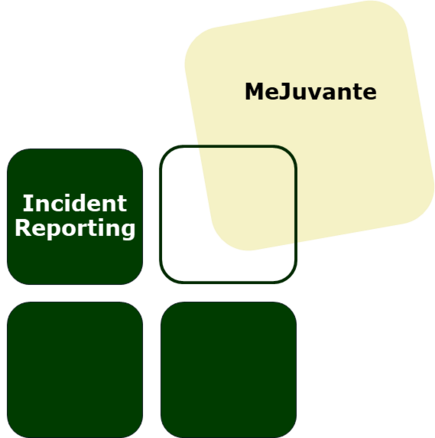Reporting for Resilience (6/6)
Introduction
The Operational Resilience Act (DORA) is a regulatory framework proposed by the European Commission to ensure that all participants in the financial system have the necessary safeguards to mitigate cyber threats and ICT-related incidents. One of the key components of DORA is incident reporting, which is critical for maintaining transparency, enhancing the understanding of emerging risks, and fostering a collaborative approach to cybersecurity within the financial sector.
Background
The Digital Operational Resilience Act (DORA) was introduced in response to the evolving landscape of cyber threats and operational disruptions faced by the financial sector. DORA also aims to harmonize the regulatory approach across the European Union (EU). Prior to the introduction of DORA, there was a lack of consistency in the reporting requirements for incidents across EU member states. This created challenges for financial institutions operating across multiple jurisdictions, as they had to navigate a complex patchwork of reporting obligations. DORA seeks to address this issue by establishing a unified framework for incident reporting across the EU, ensuring that financial institutions are subject to consistent reporting requirements regardless of their location.

Scope
Financial institutions are required to report a wide range of incidents that could potentially impact their operational resilience. These incidents include cyber-attacks, data breaches, system failures, and any other events that could disrupt the provision of critical services. The scope of incident reporting under DORA is intentionally broad, as it aims to capture any event that could have a significant impact on the stability and security of the financial system. By requiring reporting on a wide range of incidents, DORA ensures that regulators have a comprehensive view of the operational risks faced by financial institutions.
Financial institutions must also consider the impact of incidents on their customers and clients. Any incident that could result in a significant disruption to the provision of services or the loss of customer data must be reported under DORA. This ensures that customers are informed about any potential risks to their financial transactions and allows them to take appropriate action to protect themselves. By promoting transparency and accountability, incident reporting under DORA helps to build trust and confidence in the financial sector, involving all relevant parties, a comprehensive assessment can be conducted, and any identified weaknesses can be addressed collectively.
Key Points
Who Must Report: It applies to a wide range of entities within the financial sector, including credit institutions, investment firms, insurance companies, payment and electronic money institutions, and crypto-asset service providers. These entities are required to establish and implement comprehensive incident reporting mechanisms.
What to Report: Entities must report significant ICT-related incidents. The criteria for what constitute a significant incident can include factors such as the impact on operations, financial losses, the number of affected users, and any legal or reputational implications.
Reporting Timeline: DORA stipulates specific timelines for incident reporting. Typically, entities must notify relevant authorities of significant incidents within a tight timeframe from when the incident is first detected.
Confidentiality and Data Protection: While DORA promotes information sharing, it also emphasizes the importance of confidentiality and data protection. Entities must ensure that sensitive information remains secure, and that personal data is handled in compliance with applicable data protection laws.
Conclusion
Incident reporting is a critical component of the Digital Operational Resilience Act (DORA) and plays a vital role in ensuring the stability and security of the financial sector. By requiring financial institutions to promptly report significant incidents, DORA enables regulators to take swift action to mitigate risks and ensure the resilience of the financial system. Incident reporting under DORA also promotes transparency and accountability, building trust and confidence in the financial sector.
Incident reporting under the Digital Operational Resilience Act is vital for maintaining a resilient and secure financial sector in the digital age. Financial institutions must recognize the importance of incident reporting and prioritize the implementation of robust incident management processes to comply with DORA's requirements. By doing so, they contribute to the overall stability and security of the financial system, safeguarding the interests of customers and clients.